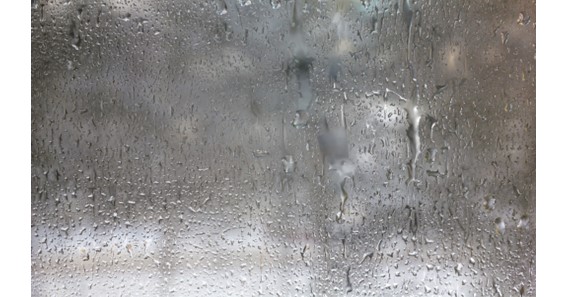In today’s increasingly interconnected world, privacy is a prized possession. With technological advancements and the rise of urban living, ensuring privacy in our homes, offices, and public spaces has become a paramount concern. One solution that has gained significant attention and popularity is privacy glass. This remarkable material combines functionality with style, providing a range of innovative options for those seeking privacy without compromising natural light or aesthetic appeal.
Privacy glass, also known as smart glass or switchable glass, is a technologically advanced glazing material that allows the glass to transition from transparent to opaque with the flick of a switch. The magic lies in the use of liquid crystal technology, suspended particles, or electrochromic materials embedded within the glass layers. When an electrical current is applied, privacy glass materials reorient themselves, altering the glass’s transparency and providing an instant shield against prying eyes.
One of the primary advantages of privacy glass is its ability to offer flexible privacy control. Traditional curtains or blinds limit your view or obstruct natural light, whereas privacy glass provides an adjustable solution. Whether it’s for a conference room, bathroom, or home windows, you have the power to switch from transparent to opaque modes, instantly transforming the glass to create a private environment. This control not only enhances privacy but also adds a touch of elegance and modernity to any space.
The applications of privacy glass are diverse and extend beyond the residential and commercial sectors. In healthcare facilities, privacy is crucial for patient confidentiality. Privacy glass can be used in hospital wards, consultation rooms, or operating theaters, providing healthcare professionals with the ability to control visibility and maintain patient privacy when needed. Moreover, privacy glass can reduce the need for physical barriers such as curtains or blinds, improving hygiene and facilitating easier cleaning and maintenance.
Another exciting application of privacy glass is in the automotive industry. Electric cars have gained popularity in recent years, and privacy glass can enhance the overall driving experience. By adjusting the transparency of windows, passengers can enjoy panoramic views while maintaining their privacy from the outside world. This not only adds a touch of luxury but also improves the overall comfort and aesthetics of the vehicle.
Privacy glass is not limited to fixed installations or windows. It can also be used for dynamic applications. For example, privacy glass can be integrated into partition walls, allowing for flexible division of space in open-plan offices or conference rooms. With the flick of a switch, the glass can change from a transparent state, encouraging collaboration and openness, to an opaque state, providing privacy during meetings or discussions.
In addition to its privacy-enhancing properties, privacy glass offers several other benefits. One notable advantage is its energy efficiency. Smart glass can reduce the amount of heat entering a building or a vehicle during hot weather, thus reducing the reliance on air conditioning systems. This not only helps to save energy and lower utility bills but also contributes to a more sustainable and eco-friendly environment.
Privacy glass also contributes to the aesthetics of a space. Its sleek, modern appearance adds a touch of sophistication to any setting. The seamless transition from transparent to opaque is visually striking and can be customized to suit individual preferences. Furthermore, privacy glass can be integrated with other smart technologies, such as sensors or automation systems, allowing for automatic switching based on predetermined conditions or user preferences.
As with any technological innovation, privacy glass does come with a few considerations. The cost of installation may be higher than traditional glazing options, making it more suitable for specific applications or projects with a higher budget. Furthermore, privacy glass requires a power source to operate, so proper electrical planning and installation are essential.
Conclusion
Privacy glass offers a revolutionary solution for maintaining privacy without sacrificing natural light or aesthetic appeal. Its ability to transition between transparent and opaque states provides flexible control over visibility, making it suitable for a wide range of applications in residential, commercial, healthcare, and automotive sectors. With its energy-saving capabilities and seamless integration with other smart technologies, privacy glass is at the forefront of modern design and privacy innovation. Embracing this technology opens up a world of possibilities where privacy, style, and functionality converge.
Click Here – Revamp Your Space with These Top Renovation Packages

